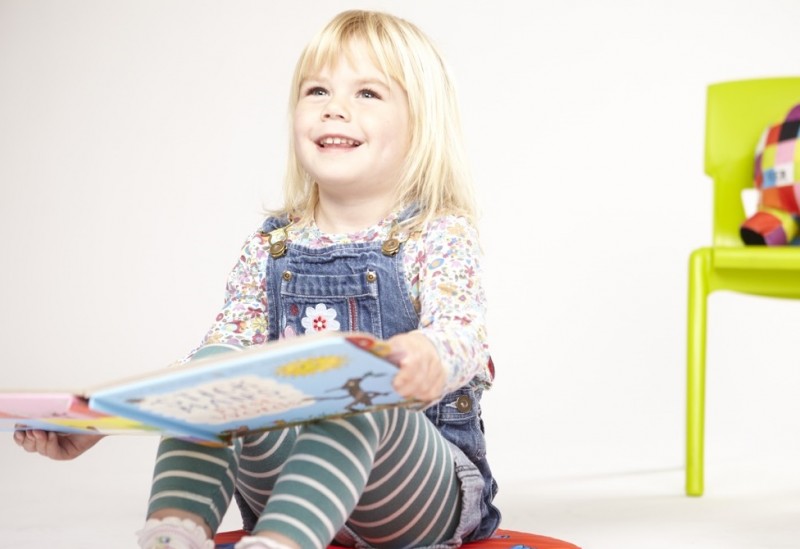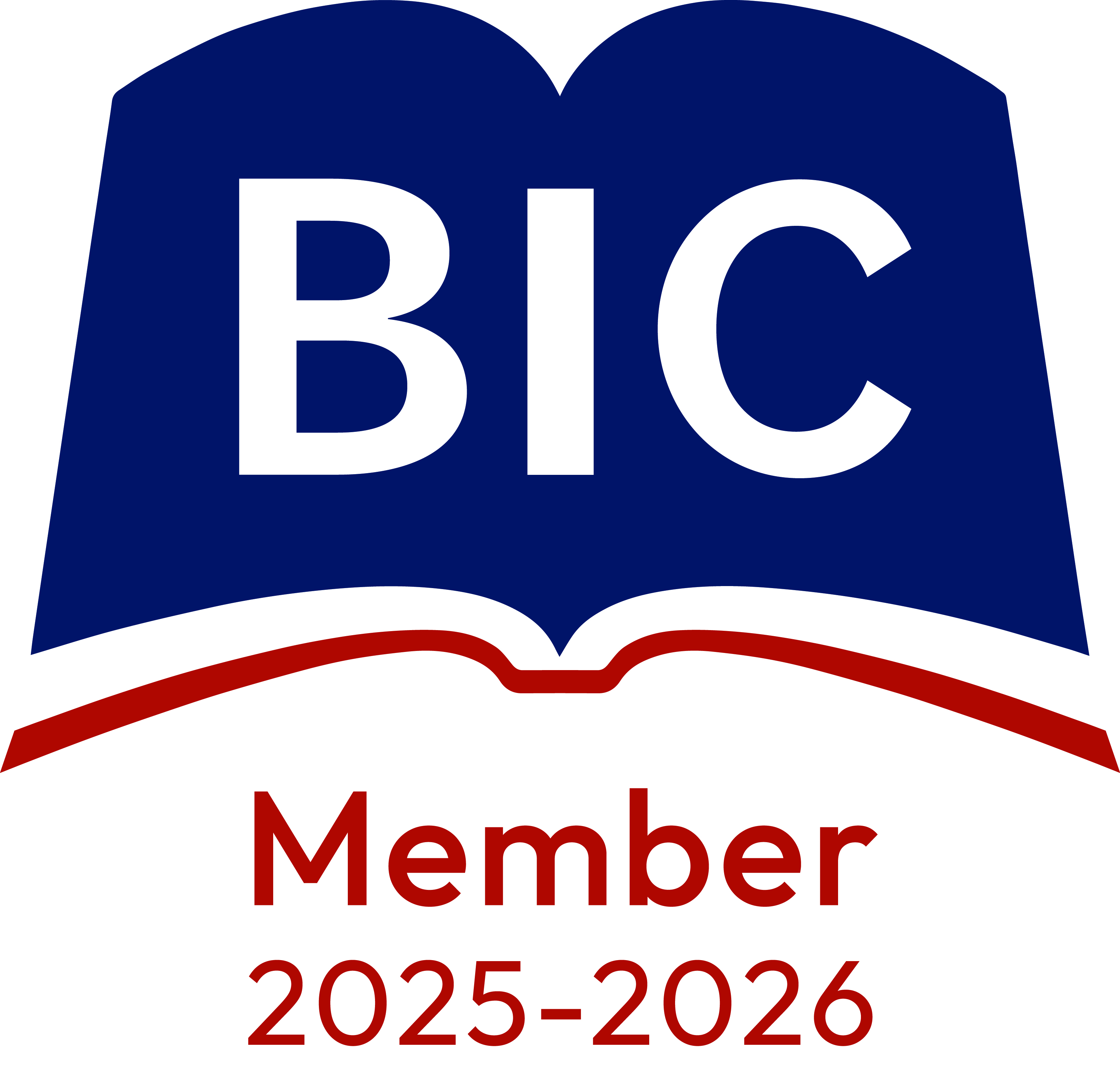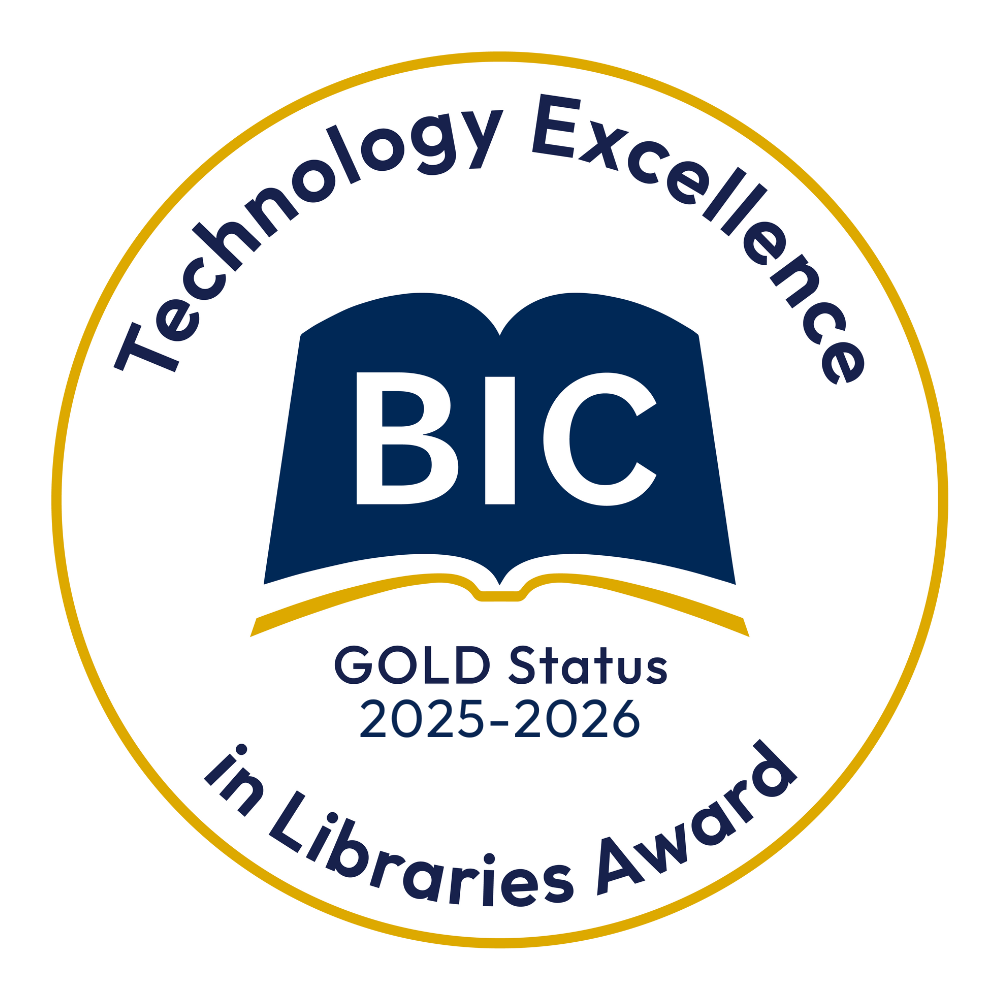Please note that we will automatically hold all schools orders from 16–20 February due to the half-term break. If your school remains open for delivery and you'd like your books delivered during that week, please let us know by calling us on 0121 666 6646 or emailing hello@peters.co.uk.
For help, advice and telephone ordering call our team on 0121 666 6646
Are you sure you wish to delete this basket?()
This action cannot be undone.
Sorry, something went wrong
Please report the problem here.
Reading and EYFS – the importance of reading to children from an early age

October 13th 2021
“It is crucial for children to develop a life-long love of reading.” (Department for Education Early years framework, March 2021)
The positive impact that a love of reading has on children’s overall attainment and wellbeing at primary school and beyond is well documented. But what about pre-school? The recent DfE early years framework highlights the importance of developing a love of reading even within early years settings. The more a child is exposed to books and is read to from a young age, the more likely they are to gain an interest and passion for them and how they make them feel.
However, stats show that fewer parents than ever now read to their children at home, and unfortunately, this is particularly the case in families from some of the most deprived areas. Pre-school children are increasingly less likely to be read aloud to, or to read for pleasure:
“The proportion of 3-4-year olds who read or look at books for fun ‘daily or nearly every day’ has almost halved since 2012, while reading ‘rarely or never’ has grown from 10% to 23% over the same time period.” (Farshore, Learnings from Lockdown, March 2021)
‘In 2020, there was a significant drop in reading aloud to 3-7 year olds.’ (Farshore, Learnings from Lockdown, March 2021)
Therefore it can make a real difference if nursery and pre-school settings can instil a sense of the importance of reading, and support families who may struggle with getting into a reading routine at home. Parents reading aloud to a child will encourage that child’s independent reading.
It’s never too early to start reading to a child and engaging with them about a book – the opportunity to touch and experience different textures and sounds is essential for promoting that early pleasure and interest in books. Hearing the sounds of words and expression when children are read to by an adult also supports speech and language acquisition, and comprehension as much as word reading; children understanding newly introduced vocabulary and anticipating (where appropriate) key events in stories. Songs and nursery rhymes can also help them explore the sounds of words.
‘Listening to a broad selection of stories, non-fiction, rhymes and poems will foster their understanding of our culturally, socially, technologically and ecologically diverse world.’ (Department for Education Early years framework, March 2021)
There are also the emotional benefits of reading – books can also children explore and understand emotions such as loss, anger and jealousy safely, and they can help them begin to understand empathy and to relate to other children around them. From a diversity point of view, children should also be able to see themselves represented in the books they read.
So what can practitioners in EYFS settings do to help embed a love of reading for their pupils?
Here are a few ideas from our curriculum specialists:
- Keep a selection of books in baskets around the classroom linked to the topics you are teaching that term, to reinforce learning. You could also keep books that tie in with the children’s interests
- Create a book corner in your classroom, or make small cosy spaces for children to read – either alone, with a friend or with a teacher or teaching assistant
- Ensure children have an excellent ‘reading diet’ over the year including a variety of stories, non-fiction books, poems and rhymes.
- Put together story sacks for the children to use in their play. They could include the book and some small world toys to act out the story
- ‘Model’ reading behaviour for your pupils – demonstrate how much you love reading by bringing a book or magazine that you’re reading to school with you, and tell the children about it
- Make sure that any children with additional needs or gaps in their vocabulary have time to listen to your story time book in a small group first
- Have a voting station for the storytime book so that children are making choices about the book they would like to share
- Make sure that the majority of the time, the books children are reading link independently to the phonic stage they are being taught at that point in the term. However they may sometimes want to choose a book that is wordless, or above their reading level, and this allows them to use pictures to discuss the story and develop their vocab.
If you’re looking for inspiration for books for early years pupils, visit our EYFS page for book lists from our team of librarians and curriculum specialists. Latest lists include oral health, nature and Ourselves/PSHE to support the curriculum. We stock many books in either board book or paperback editions, so you can select based on how you plan to use each title.
Plus, don’t miss our 100 recommended reads for nursery children.




